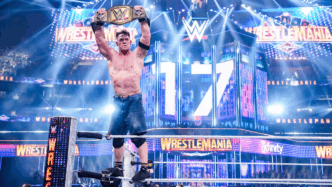The announcement of the Horizon Zero Dawn PS5 remaster raises a familiar question: Are video game remakes and remasters truly necessary, or are they becoming little more than cash grabs by studios? With Horizon Zero Dawn originally released in 2017, it’s far from an ancient relic, and it already received a free 60 FPS patch on PS5. Much like the discourse surrounding The Last of Us Part I and The Last of Us Part II remasters, fans are once again asking: Does this game really need a remaster? And at what point do remakes and remasters cross the line from enhancing gaming history to exploiting it?
The case of Horizon Zero Dawn provides a jumping-off point to examine the broader trend of remasters in the industry, their timing, and their impact on both the gaming landscape and consumer expectations.
The Appeal of Remakes and Remasters
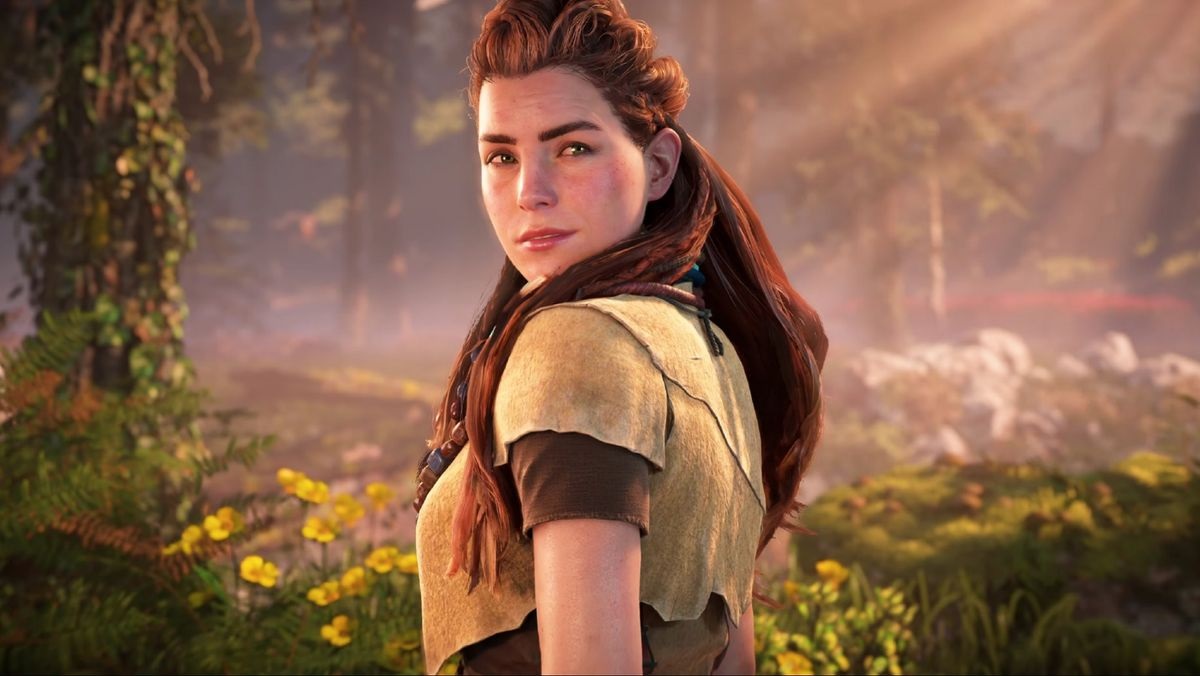
On the surface, a remaster like Horizon Zero Dawn offers undeniable appeal. It provides the opportunity to experience a beloved game with the kind of visual fidelity, performance, and enhancements that modern hardware makes possible. The newly added motion capture and graphical upgrades promise to elevate the game to the standards of its sequel, Horizon Forbidden West, which is no small feat considering the original game already stood out for its stunning design and world-building.
Yet, when a game that is just over six years old is remastered, especially when it’s still perfectly playable and available with enhanced performance on the current generation of consoles, it brings up a key question: What truly justifies the need for a remaster?
Horizon Zero Dawn is hardly outdated. Its graphical design and mechanics still feel modern, which makes this remaster feel more like an upgrade for the sake of profit than necessity.
Homogenization and the Loss of Originality
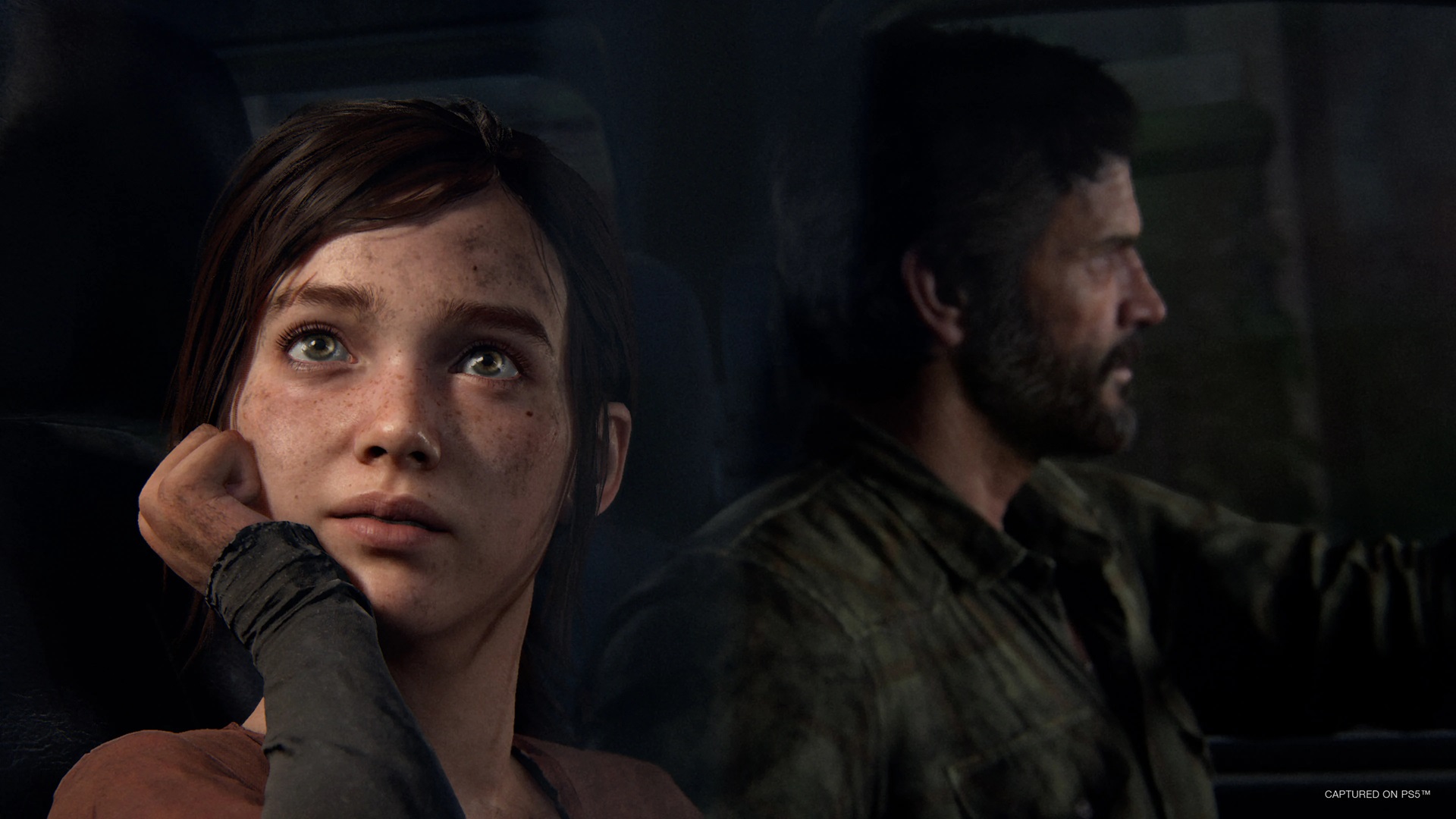
One of the concerns that arise with the remaster trend is the risk of homogenization. As games get remade and remastered with newer engines, updated controls, and standardized interfaces, they often lose some of the unique quirks and design elements that made the original versions stand out. This has been a recurring issue, with games like Resident Evil 4 remake and The Last of Us Part I receiving criticism for changes that either smooth over the original’s charm or alter the feel of the gameplay in ways that some fans don’t appreciate.
Horizon Zero Dawn was praised for its open world, its strategic combat, and its compelling protagonist, Aloy. But what new ground can a remaster break beyond technical improvements? Will it risk diluting the core experience by adhering too much to the standards set by its sequel?
There’s a delicate balance to be struck in remasters—bringing older titles into the modern era without losing the essence that made them special in the first place.
Remakes as Business Strategy
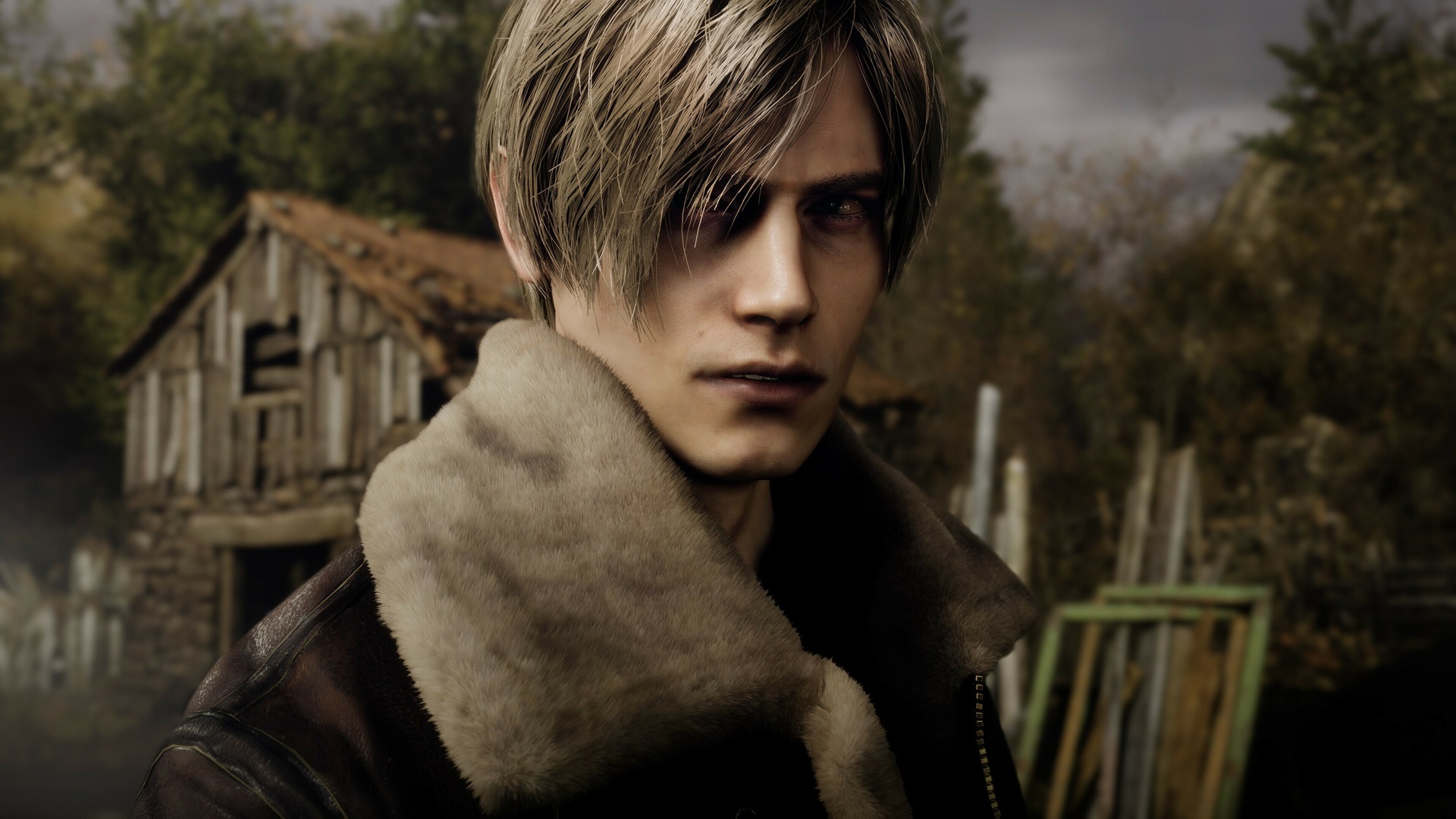
It’s hard to overlook the fact that remakes and remasters are often more about financial strategy than artistic preservation. Sony, in particular, has drawn criticism for charging for minor upgrades, as seen with The Last of Us series and now with Horizon Zero Dawn. While the $9.99 upgrade fee is relatively low, it still raises eyebrows when players are already accustomed to free upgrades for other titles.
The pattern of releasing remasters only a few years after the original release—and in some cases, less than four years, as with The Last of Us Part II—makes it clear that these remakes are not solely about preserving gaming history but also about monetizing popular franchises with minimal effort.
In the case of Horizon Zero Dawn, this remaster feels particularly questionable. The game already received a performance boost on PS5, so what are players really paying for? A few additional graphical tweaks and motion capture? For many, this feels like an unnecessary offering, especially when so many other games, far older and more deserving of a modern update, have yet to receive such attention.
The Impact on Consumer Trust
One of the dangers of this growing trend is its impact on consumer trust. With every new remaster, particularly ones like Horizon Zero Dawn that arrive so soon after the original release, gamers may begin to feel exploited. The concern is that studios are more interested in milking successful franchises rather than investing in fresh, original content or taking risks on new IPs. When a remaster offers little more than visual updates, it risks alienating the fanbase, who may start questioning whether they’re being charged for something that doesn’t add much value.
Moreover, with rumors of a future remaster for Horizon Forbidden West, it’s easy to see why fans are frustrated. If the sequel, which was only released in 2022, is already being eyed for a remaster, where does it end?
Will every game, no matter how recent, be remastered every few years, forcing consumers to pay for incremental upgrades? This cycle of perpetual remasters can erode trust, as it feels less about improving gaming experiences and more about squeezing as much revenue as possible out of the same content.
Preserving Gaming History vs. Exploiting Nostalgia
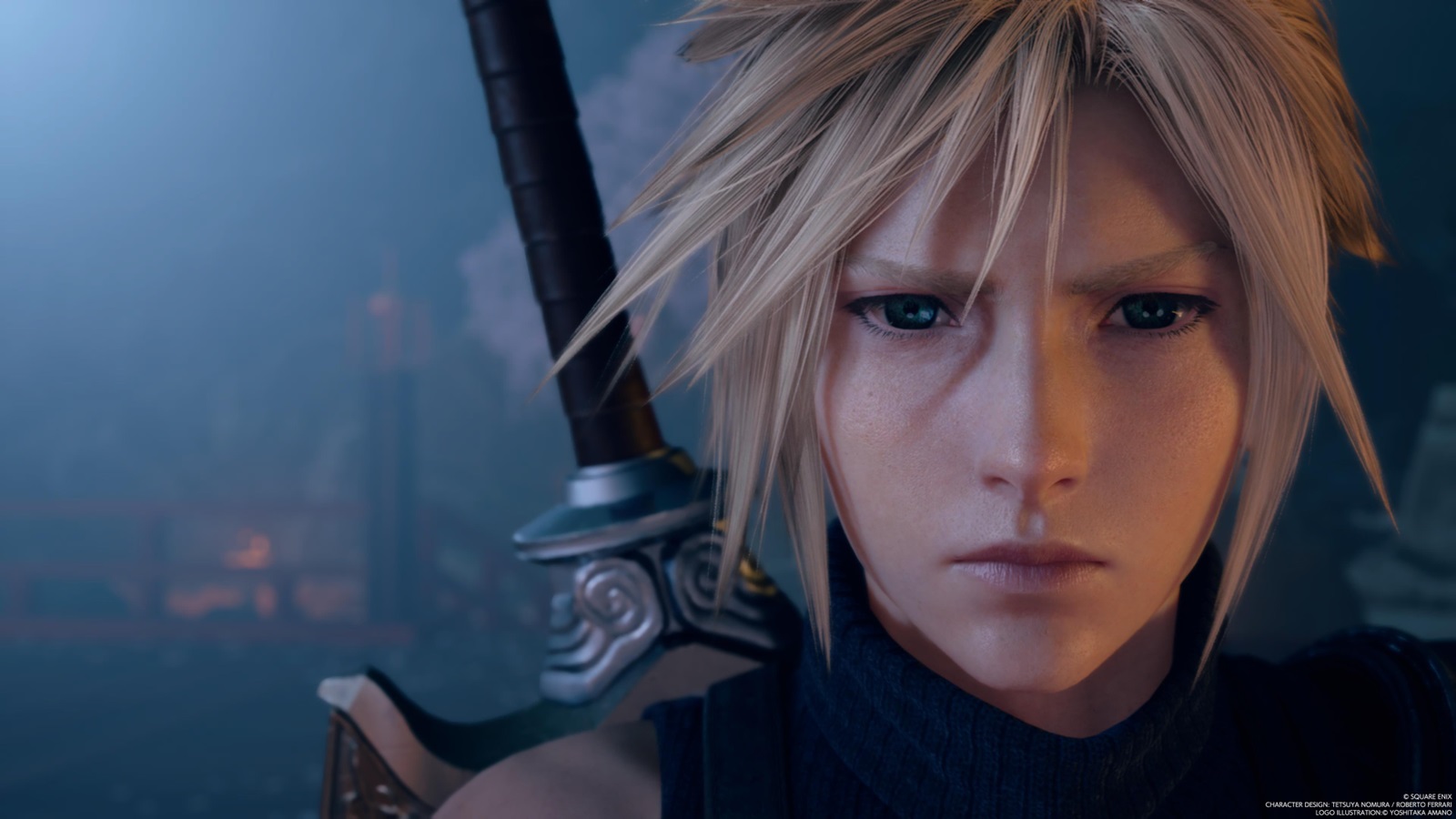
Remakes and remasters do have their place, and there’s no denying the excitement of seeing a beloved classic reimagined for a new generation. Games like Resident Evil 2 remake and Final Fantasy VII Remake have shown that when done right, remakes can offer entirely new experiences while staying true to the essence of the original. They serve a dual purpose: preserving gaming history and allowing new audiences to experience older titles that might otherwise be lost to time.
However, when remasters start to feel exploitative, the conversation shifts. Horizon Zero Dawn does not have the same historical significance as Final Fantasy VII or Resident Evil 2. Its relatively recent release, combined with the fact that it already received a performance patch for PS5, makes this remaster feel less about preservation and more about capitalizing on the game’s success. The line between preserving a game’s legacy and exploiting nostalgia becomes blurred when remakes are churned out with minimal improvements.
The Future of Remakes and Remasters
The announcement of the Horizon Zero Dawn remaster adds fuel to an already fiery debate about the future of remakes and remasters. As the gaming industry continues to rely on these projects, it raises important questions about the direction of gaming. Will studios continue to prioritize remakes over original content? Are we heading towards a future where remasters become the norm, leaving little room for new ideas to flourish?
With the PS5 remaster of Horizon Zero Dawn, we see a familiar trend: a popular game, still widely accessible, is given a visual upgrade and re-released for a fee. While it’s hard to deny the allure of revisiting Aloy’s world in higher fidelity, it’s equally hard to ignore the larger implications. Are these remasters truly enhancing our gaming experience, or are they simply a convenient way for studios to cash in on the past?
Conclusion
The remastered version of Horizon Zero Dawn on the PS5 exemplifies the progress of gaming technology while also warning us about the potential drawbacks of this trend. While there’s no denying the excitement of seeing a beloved game updated for modern hardware, the question remains: Does every game need a remaster? And at what point does the line between preservation and exploitation blur beyond recognition?
As we look forward to the future of remakes, it’s crucial that developers and consumers alike strike a balance. Remasters should be about more than just visuals—they should enhance the gaming experience in meaningful ways, whether through improved gameplay mechanics, expanded narratives, or the preservation of cultural milestones.
If done right, remakes and remasters can breathe new life into gaming history. But when done for the wrong reasons, they risk becoming hollow cash grabs that erode the very trust and passion that fuel the gaming community.
With Horizon Zero Dawn Remastered set to release on PS5, only time will tell which side of the line it falls on.




